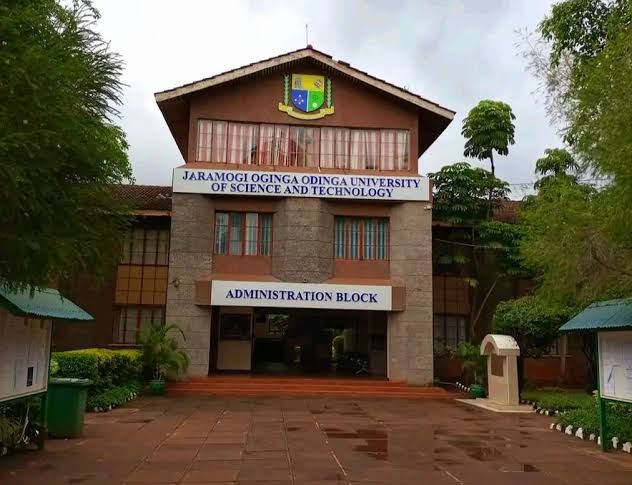By Roy Hezron
Poor remuneration, inadequate equipment and lack of competent trainers are major challenges facing Vocational Training Centres (VTCs) in Kenya, the national chairman of the Association of Vocational Trainers in Kenya (AVT-K) Mr. Mogaka Absalom Nyambukora has said.
Mr. Nyambukora told Education News that a majority of vocational trainers in VTCs were poorly remunerated, noting that some had not been promoted while others who were contracted way back in 2011 had not been confirmed.
At the same time, a large number of VTCs lacked competent trainers who could take up the responsibility of instructing up to craft certificate level.
“Some VTCs have only one qualified vocational trainer who cannot handle the workload at artisan level. Artisan certificate takes two years and it has six subjects; Trade Theory, Trade Practice, Mathematics, Science, Applied Geometry and General Studies,” he said.
He added: “The National Vocational Certificate of Education and Training (NVCET) option 1 programme has Entrepreneurship, Life Skills, Information and Communication Technology (ICT), Basic Technical Drawing, and Trade Theory and Practice on both level 1 and 2.”
Mr. Nyambukora further noted that many VTCs were poorly equipped, a situation aggravated by the community converting some of their facilities to other uses.
According to him, the initial plan was that the NVCET curriculum would ensure direct transition to university if one pursued option 2 that was grounded on Science and Mathematics knowledge.
This was not to be as all NVCET candidates were denied the opportunity to enjoy lifelong learning as envisaged in the Sustainable Development Goals (SDGs); it was expected that trainees would embark on an artisan curriculum that would see progression to Craft certificate.
“To support the implementation of Artisan curriculum in all VTCs countrywide, the State Department of Vocational and Technical Training, through the Directorate of Vocational Education and Training together with the Association of Vocational Trainers in Kenya (AVTK), KICD and CAPYEI have developed television broadcast lessons for all VTCs countrywide through EDUTV. Sponsors are being sought to fund the airing of the lessons,” he said.
He further added that it would be wise if the authorities in charge of hiring vocational trainers could collaborate with the Kenya Technical Trainers College (KTTC) to provide them with qualified training interns and pay them a stipend while considering employing them on permanent terms.
On funding VTCs, Nyambukora stated that it should be centralized through TVET Act No. 29 of 2013 Section 47 so that consistency of funding can be achieved, adding that counties should depart from constructing ordinary classrooms to building workshops for training of the accredited courses.
“There should be regular training of vocational trainers to enable them meet the current trends of training. It is also important to safeguard vocational training facilities since they are the nearest and affordable training institutions to the citizens and any change of use of a facility should comply with the Physical and Land Use Planning Act of 2019 section 56(a),” he said.






